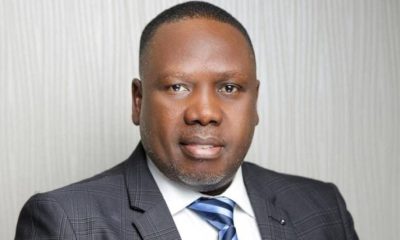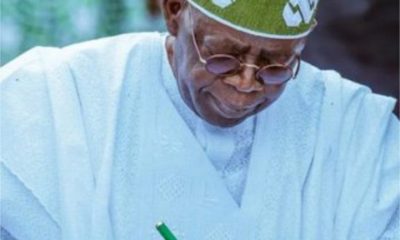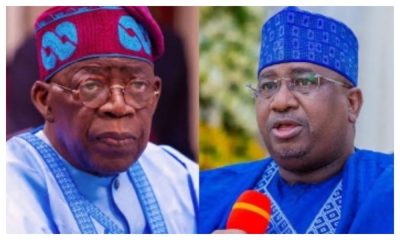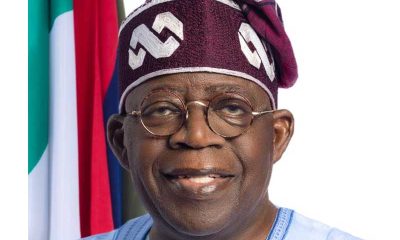NEWS
Wike Emphasizes Self-Reliance, Says He Won’t Trouble Tinubu With Complaints
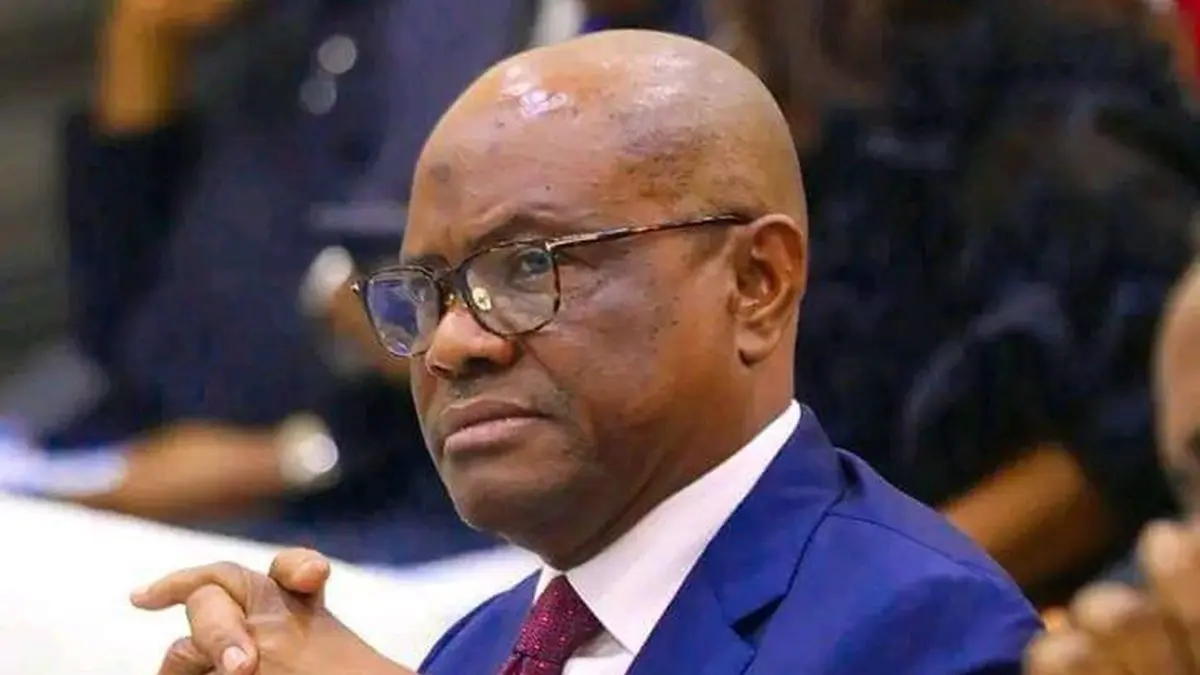
The Minister of the Federal Capital Territory (FCT), Nyesom Wike, has declared that he is committed to thinking “outside of the box” to fulfill his mandate, a strategy he says is aimed at avoiding frequent complaints to President Bola Tinubu. Wike made these remarks during the flag-off of new access roads in the Mabushi District of Abuja. His comments provide insight into his leadership style, which emphasizes self-reliance, proactiveness, and a results-driven approach to governance. Wike’s statement, “I can’t be running to Mr President everyday to complain, I should think outside of the box,” underscores his belief that a minister’s role is to solve problems, not to create a burden for the President.
This philosophy is part of a broader strategy by the FCT minister to finance and execute major infrastructure projects without over-relying on federal appropriations, which are often subject to delays and bureaucratic bottlenecks. According to Dependable NG, Wike has been exploring alternative funding models, including private-sector partnerships and leveraging land asset monetization, to fund his ambitious urban renewal and infrastructure development agenda. He has consistently maintained that he was given an assignment by President Tinubu to transform the nation’s capital, and he intends to deliver on that promise without making excuses. His statement, “Mr President, I want to see you, what is it? One complaint or the other… Mr. President, will be tired,” reflects his understanding of the high expectations placed upon him by the President and the public.
Wike’s tenure as FCT Minister has been marked by a flurry of high-profile infrastructure projects, and his comments about not complaining to the President are linked to his efforts to secure funding for these initiatives. My searches indicate that some of these projects include the construction of the Arterial Road N16, the Abuja Light Rail project, and various road rehabilitations in both the city center and satellite towns. The minister has also been defending his administration’s spending, particularly on projects like the N39 billion renovation of the Abuja International Conference Centre, which he says is a necessary part of the city’s development. This is not to say that Wike has not received support; on the contrary, he has publicly acknowledged President Tinubu’s backing, stating, “When we are doing well, it is because Mr President is giving us support. If he were not, we would not be here.” However, his latest comments suggest a desire to demonstrate his own capability and autonomy in getting the job done, showing that his success is not solely dependent on the President’s intervention.
Wike’s approach has not been without its critics. Some have argued that his focus on capital-intensive infrastructure, such as roads and bridges, comes at the expense of other essential services like healthcare, education, and social welfare. A recent report by Dependable NG highlighted a lack of flagship policy initiatives in these sectors, with critics accusing the administration of focusing on “what can be commissioned, photographed, and televised” rather than what can transform lives quietly and sustainably. Wike, however, has pushed back against these claims, stating that his administration has a clear roadmap for tackling issues sector by sector and has made significant budgetary provisions for health in the 2025 fiscal year. He has also warned his critics, whom he calls “bystanders and busybodies,” not to distract him from his mission.
Ultimately, Wike’s comments are a window into a leadership style defined by a commitment to action and a disdain for excuses. His statement about “operation show your report card” is not just a challenge to civil servants and National Assembly members but also a reflection of his own mindset. He sees his role as one of accountability and performance, where results speak louder than words. By taking the initiative to find innovative funding solutions and push projects forward, he hopes to avoid the fate of leaders who are perceived as being all talk and no action. His political strategy is clear: he wants to be known as a minister who not only gets the job done but does so without having to constantly rely on the President for every single complaint.

